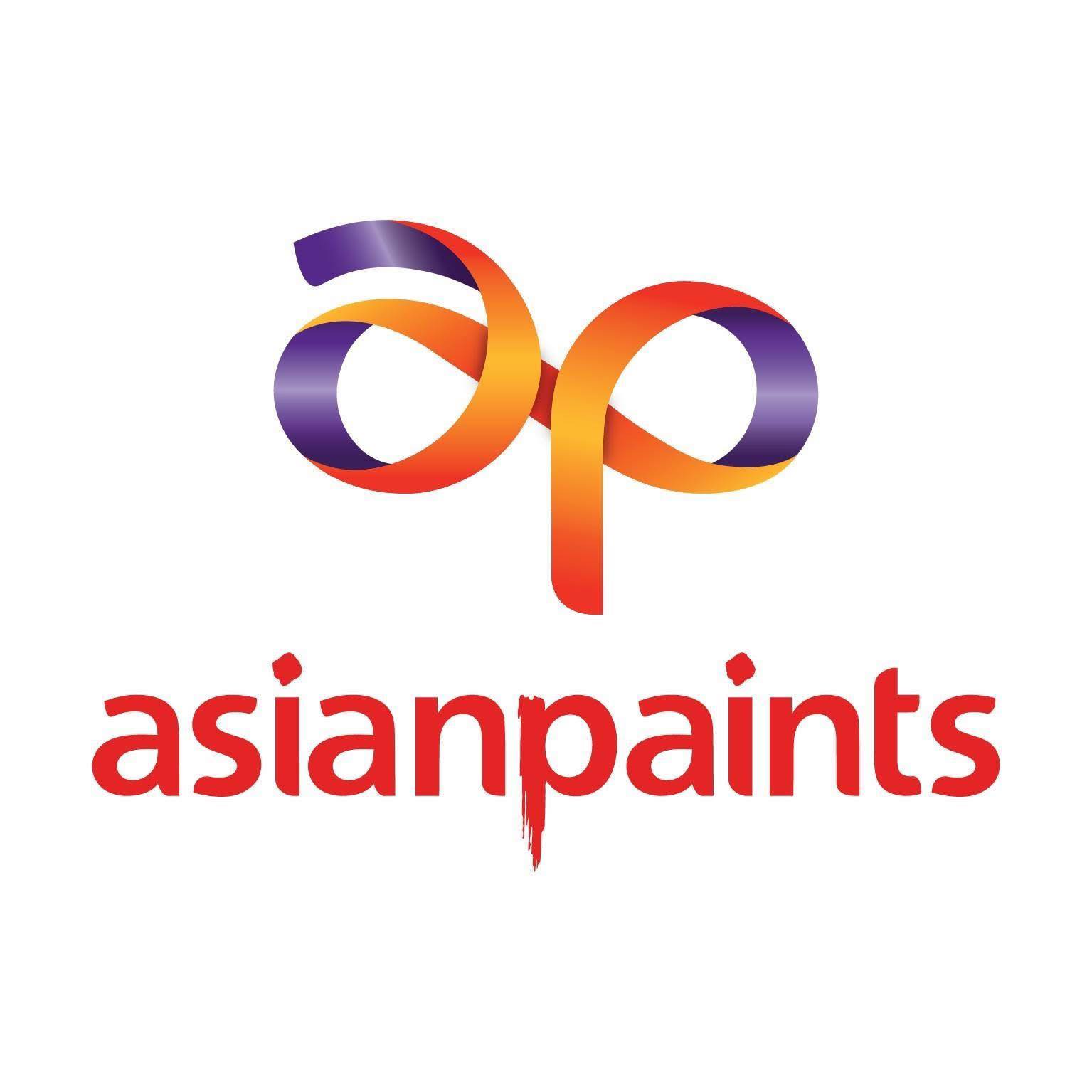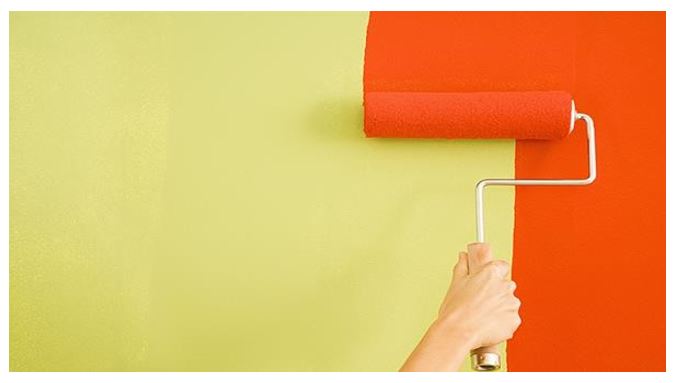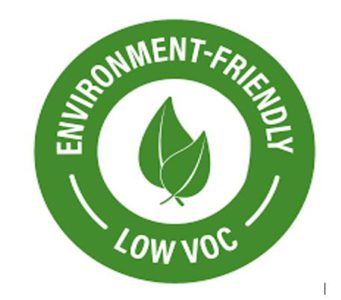Paint companies are increasingly investing in developing new products, particularly those with a low environmental impact, according to Mohsin Habib Chowdhury, the chief operating officer of Berger Paints Bangladesh Limited.
For example, they are developing paints that are lead-free and low in volatile organic compounds as such products contribute to reducing air pollution, he told The Daily Star in a recent interview.
But like other sectors, the paint industry is being impacted by various adversities stemming from the ongoing economic slowdown.
Pointing to rising US dollar prices, Chowdhury said it has become a significant challenge for paint companies that rely on imported raw materials.
The seasoned professional with more than 29 years of experience in the paint industry has maintained a good track record in various senior leadership roles.

Mohsin Habib Chowdhury
Throughout his career, Chowdhury proved to be highly capable in negotiations, developing new businesses, and crafting effective business strategies.
Regarding the industry’s current ailments, he said the Red Sea conflict has disrupted the global logistics systems, causing longer lead times.
Like Bangladesh, the global economy is suffering from an economic downturn, leading to a surge in China’s exports to Western nations.
So, there is now a shortage of shipping vessels in South Asia.
Considering all these factors, companies like Berger that rely on imported raw materials are facing a complex situation, Chowdhury added.
Against this backdrop, he said regulatory intervention is needed to alleviate their sufferings, which are major hurdles for maintaining growth in the current economic climate.
The government has been charging supplementary duty equal to 5 percent of the value of each paint product since 2010.
Besides, a provision to impose the same tax on primers was included in the national budget for the ongoing fiscal year even though it is not a luxury product.
Citing that paint goes beyond mere aesthetics by protecting infrastructure from corrosion and erosion, Chowdhury said policymakers should revisit such policies to boost the industry.
Asked for an estimate on the current market size of paint products, he said overall sales are expected to exceed Tk 6,000 crore this year.
“We are optimistic about the industry’s future as projections indicate it will enjoy steady annual growth of up to 4 percent from 2024 to 2028,” he added.
He said the domestic paint market is expanding due to several factors, including economic development amid rapid urbanisation and technological advancements in the country.
Also, consumption is increasing in line with rising disposable incomes.
By aligning with these industry drivers and educating consumers about the benefits of different coatings, paint companies like Berger are well-positioned to help the market exceed its expectations.
The industry faced a setback last year as sales growth slowed by 7 percent amid the vulnerable macroeconomic situation.
Chowdhury said paint consumption per capita stands at just 1.4 kilogrammes (kgs) in Bangladesh while it is 3 kgs in both India and Sri Lanka.
The per capita consumption in ASEAN countries ranges from 7 to 10 kgs while it is 12 kgs in China.
“So, our per capita consumption is still far below that of neighbouring countries,” he added, attributing this to a lack of awareness of the values of paint.
However, Chowdhury said this also means the local market still has huge scope for growth.
According to him, the industry is facing both internal and external challenges due to the persisting global and local economic crises, particularly the Russia-Ukraine war.
Other than disrupting global supply chains, the crises have created a US dollar shortage in the country and devalued the local currency.
In such a situation, many paint companies cannot import their raw materials because of difficulties in opening letters of credit due to the forex shortage.
Moreover, import costs have increased by around 30 percent over the past two years for the rising US dollar rate.
“The persisting higher inflationary pressure also impacted import costs and for that, we had to raise our product prices,” he said.
Chowdhury informed that there are about 40 paint companies, including both local and multinational corporations, operating in the domestic paint industry.
According to him, the market is dominated by multinational corporations but Berger is the clear leader.
Meanwhile, global players like Jotun, Nippon and Kansai Nerolac are also present in the market.
Berger exemplifies a strong commitment to social responsibility through its use of eco-friendly materials, reduction of its carbon footprint, and support for local communities, Chowdhury said.
Besides, Berger strives to innovate products specifically tailored to the local climate.
“At Berger, we recognise industry challenges and actively invest in climate-specific solutions. The focus on environmental sustainability is a growing trend worldwide, leading to rising demand for eco-friendly paints,” he added.
Berger’s DampGuard product is a good example in this regard as it is a water-based coating designed to combat the growth of algae, fungus, hairline cracks and recurring dampness, which are commonly encountered issues due to the local climate.
He also said their WeatherCoat Smooth and WeatherCoat Supreme paints are formulated to withstand harsh weather conditions.
These paints offer enhanced protection and longevity compared to the standard paints used in more stable climates.
Highlighting the value of such innovations, Chowdhury said Berger was the first to introduce a “colour bank” machine that offers more than 5,000 shades to choose from.
Also, it was the first local paint company to partner with world-renowned brands like PPG (vehicle refinishing), Clariant (tinting systems), Fosroc (construction chemicals), Chugoku (marine paints) and Beckers Group (coil coatings).
Berger offers a diverse product portfolio of decorative paints, wood coatings (lacquers and varnishes), vehicle refinishing solutions, coil coatings, marine coatings, construction and textile chemicals, powder coatings, adhesives and inks.
“This comprehensive product suite caters to a wide range of customers and applications,” he said.
Chowdhury informed that Berger’s strategic partnerships provide the company with access to cutting-edge technologies and expertise.
Furthermore, Berger prioritises exceptional customer support, with its “experience zones” offering free technical advice on surface preparation, colour selection and custom colour schemes.
Chowdhury claimed that Berger is surely a market pioneer considering its data-driven approach to product development and commitment to comprehensive solutions.
Chowdhury, also a director at Berger, said the company leverages robust consumer insights to identify unmet needs and develop targeted solutions.
Recognising the challenge of maintaining clean walls, Berger introduced its “Easy Clean” product. It is a highly washable, scrub-resistant and long-lasting type of paint ideal for high-traffic areas.
“This demonstrates Berger’s focus on customer-centric innovation,” he said.
While informing that Berger sources high-quality monomers and titanium dioxide from abroad to ensure the best possible product performance, he said their expenses have become uncertain for the currency volatility.
“This is directly affecting our profitability,” he added.
News Source: https://www.thedailystar.net/business/news/paint-industry-investing-eco-friendly-products-3675091




